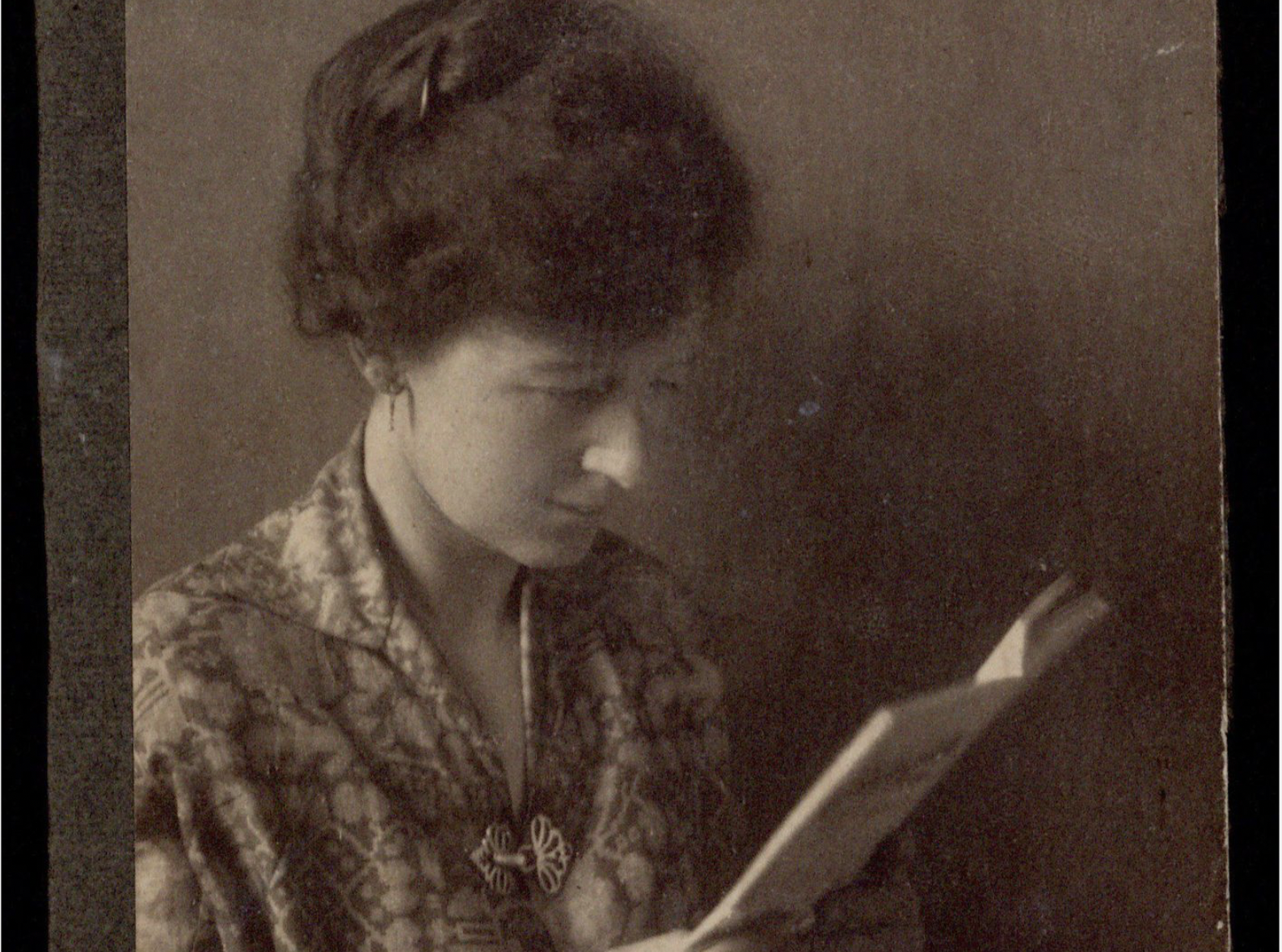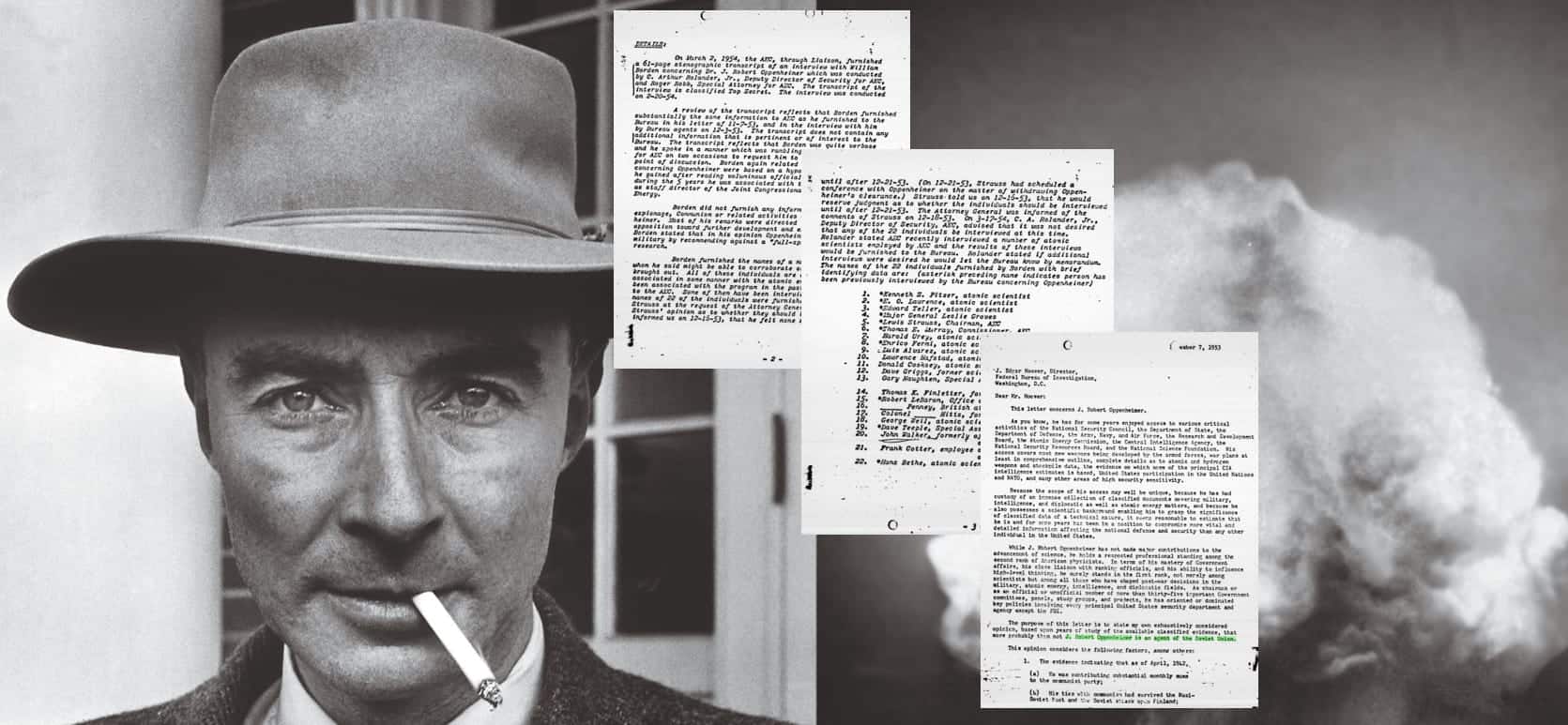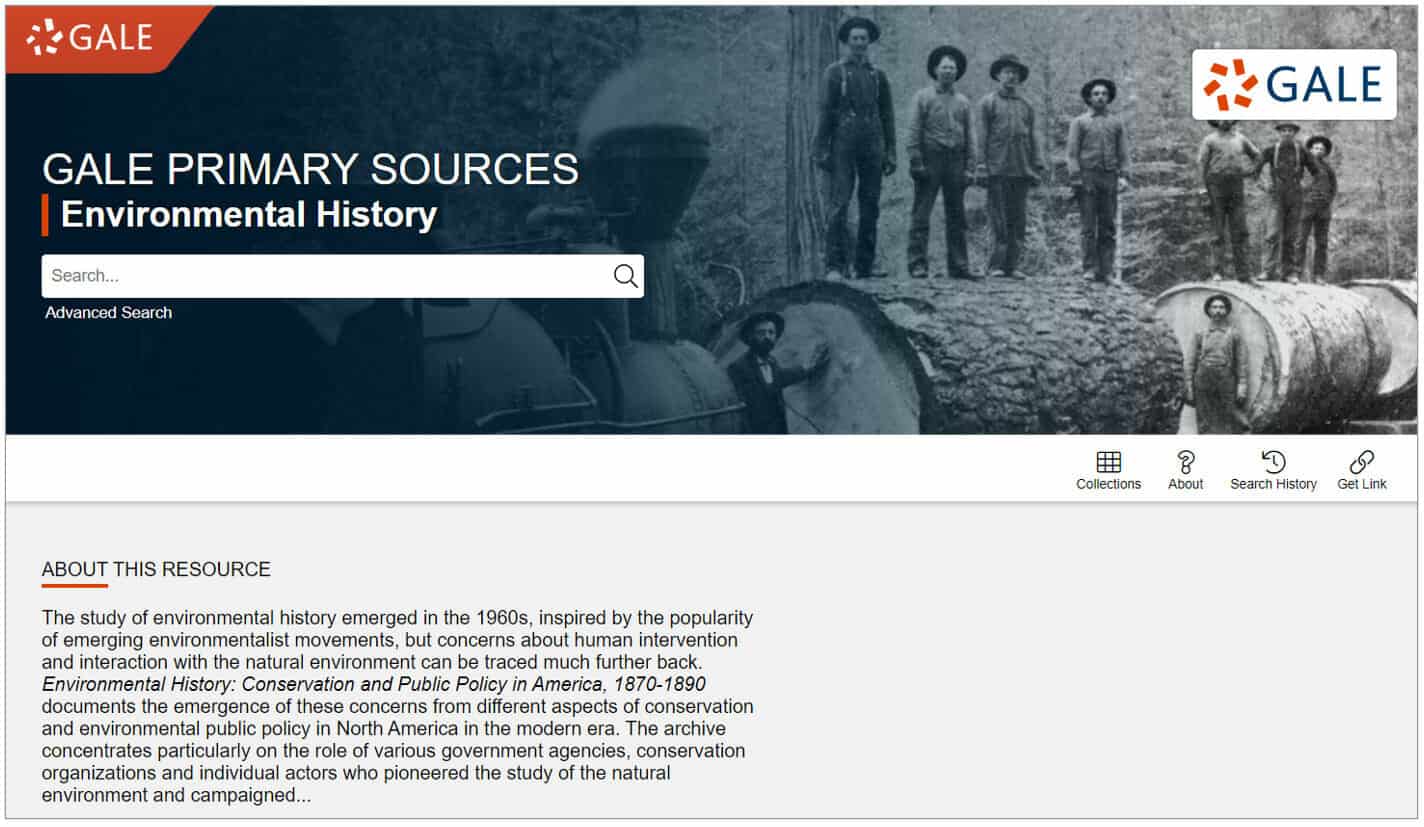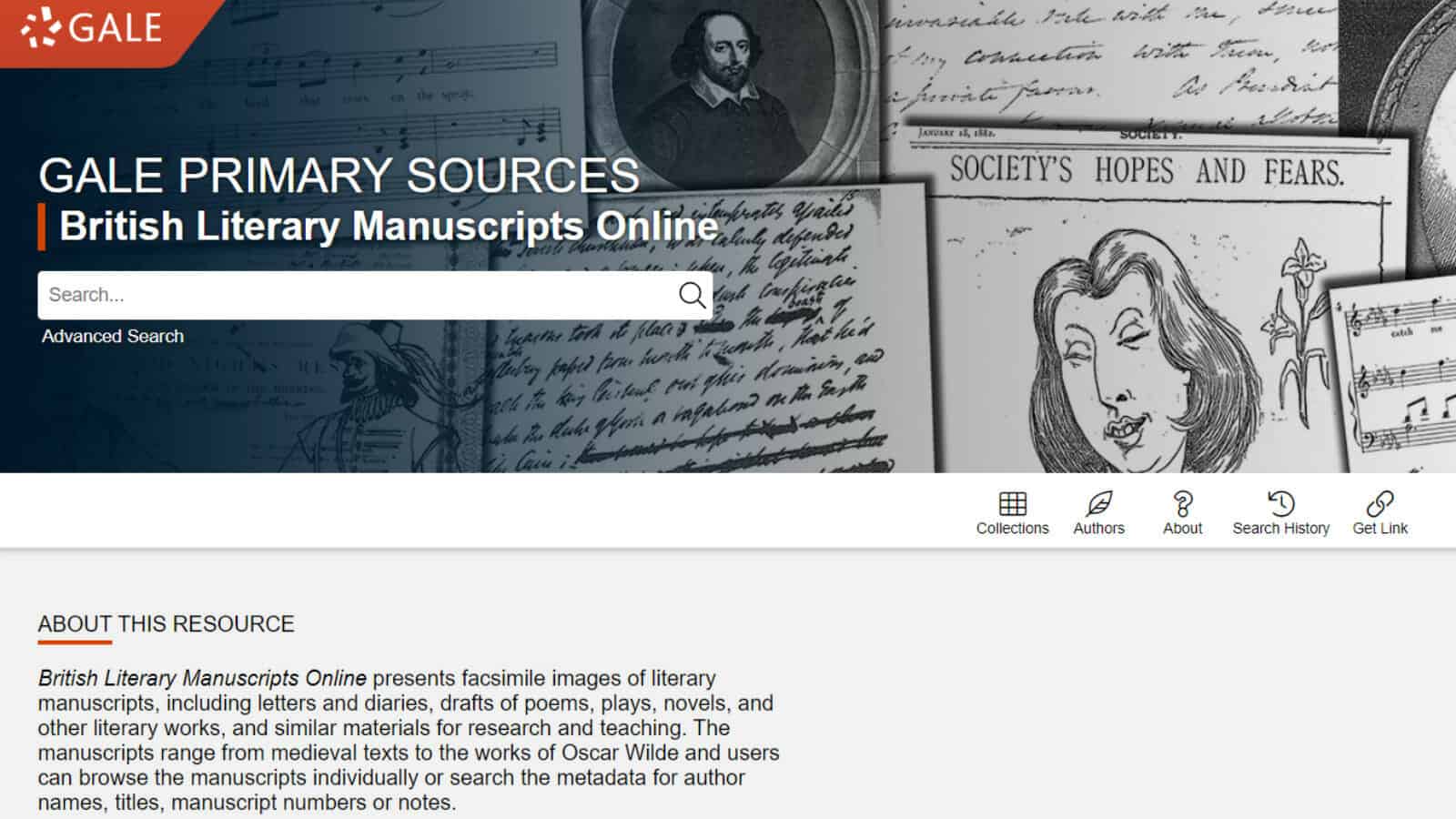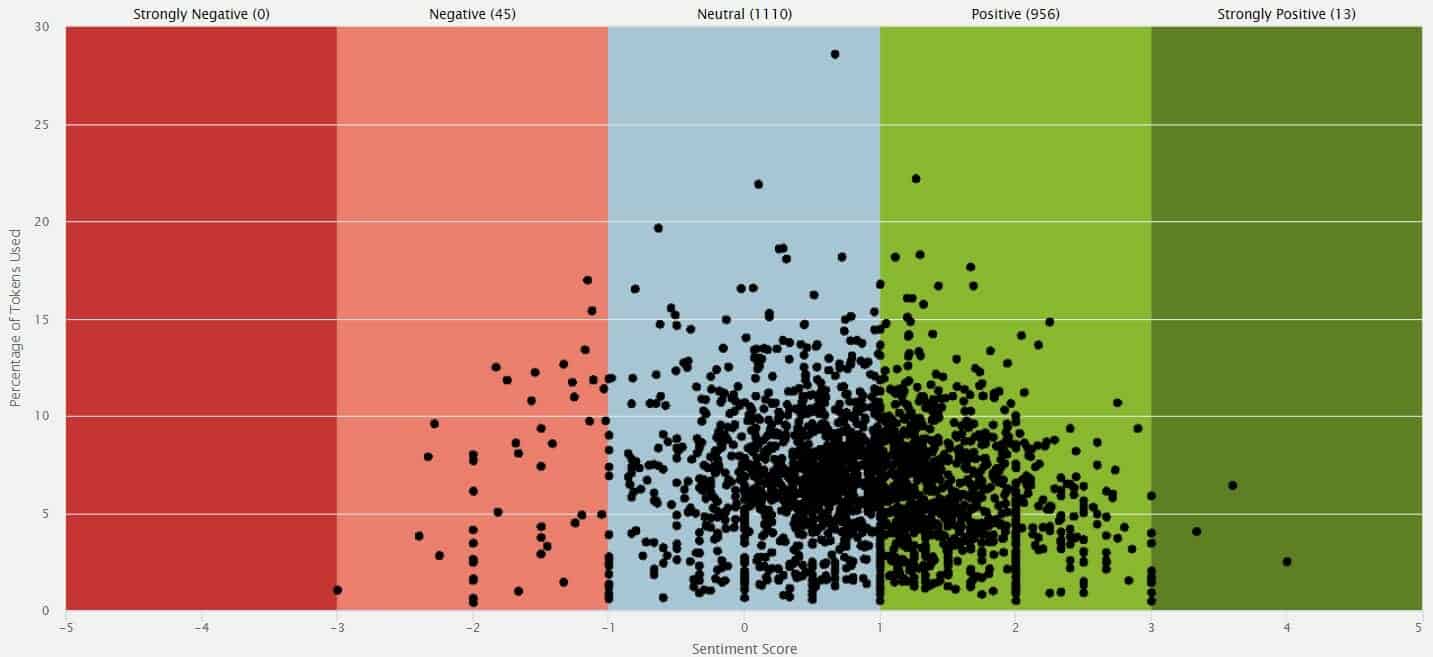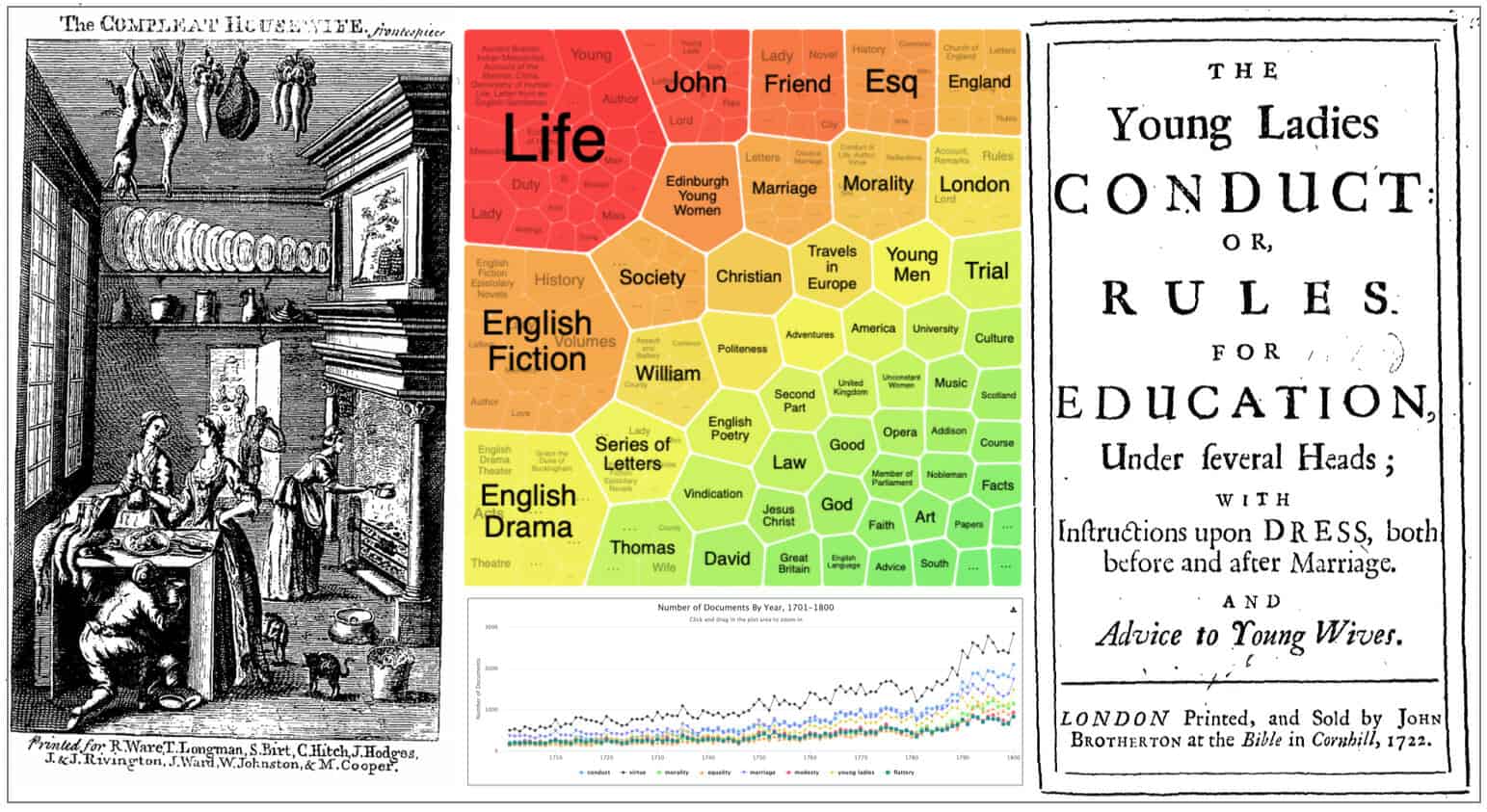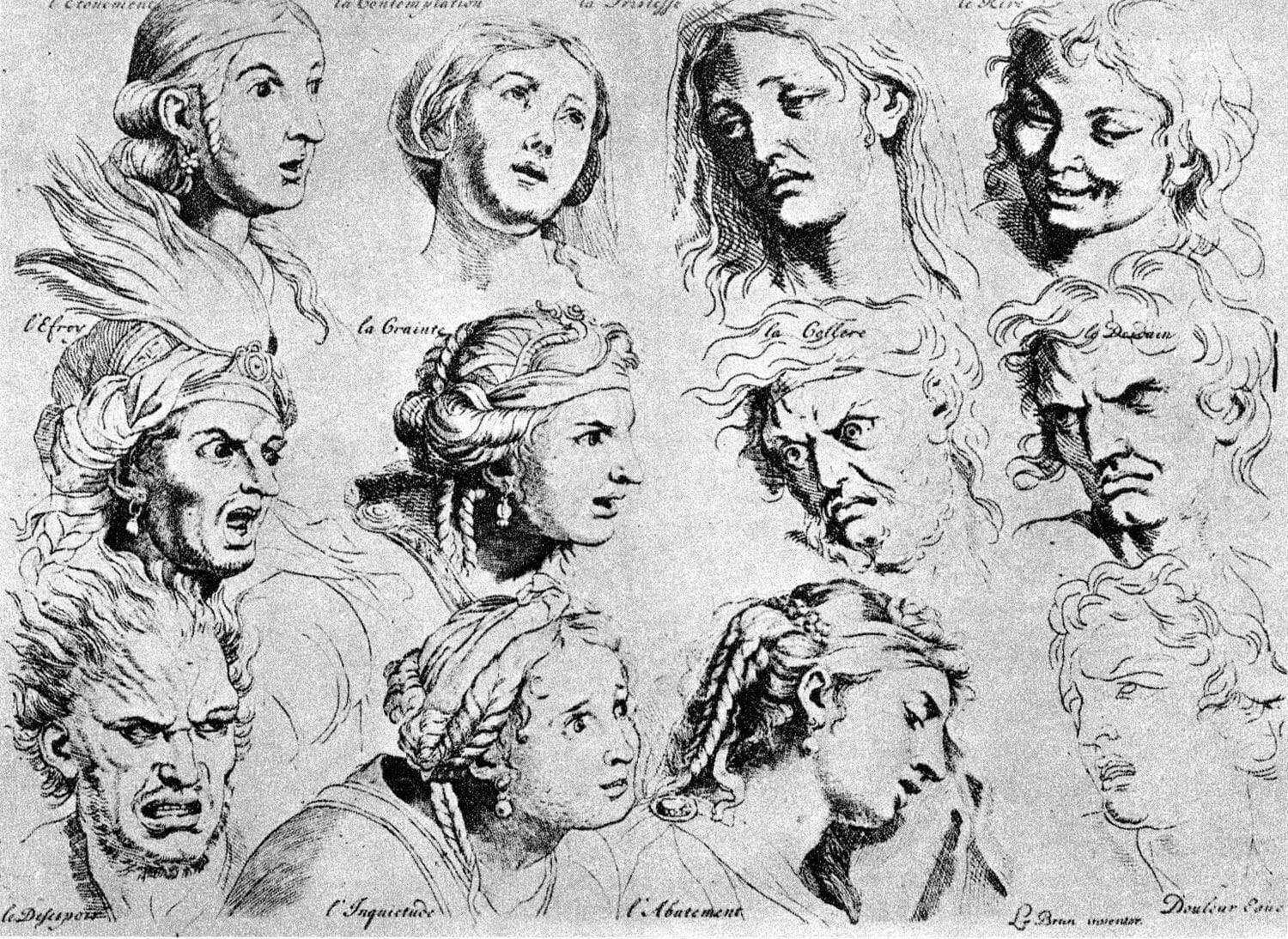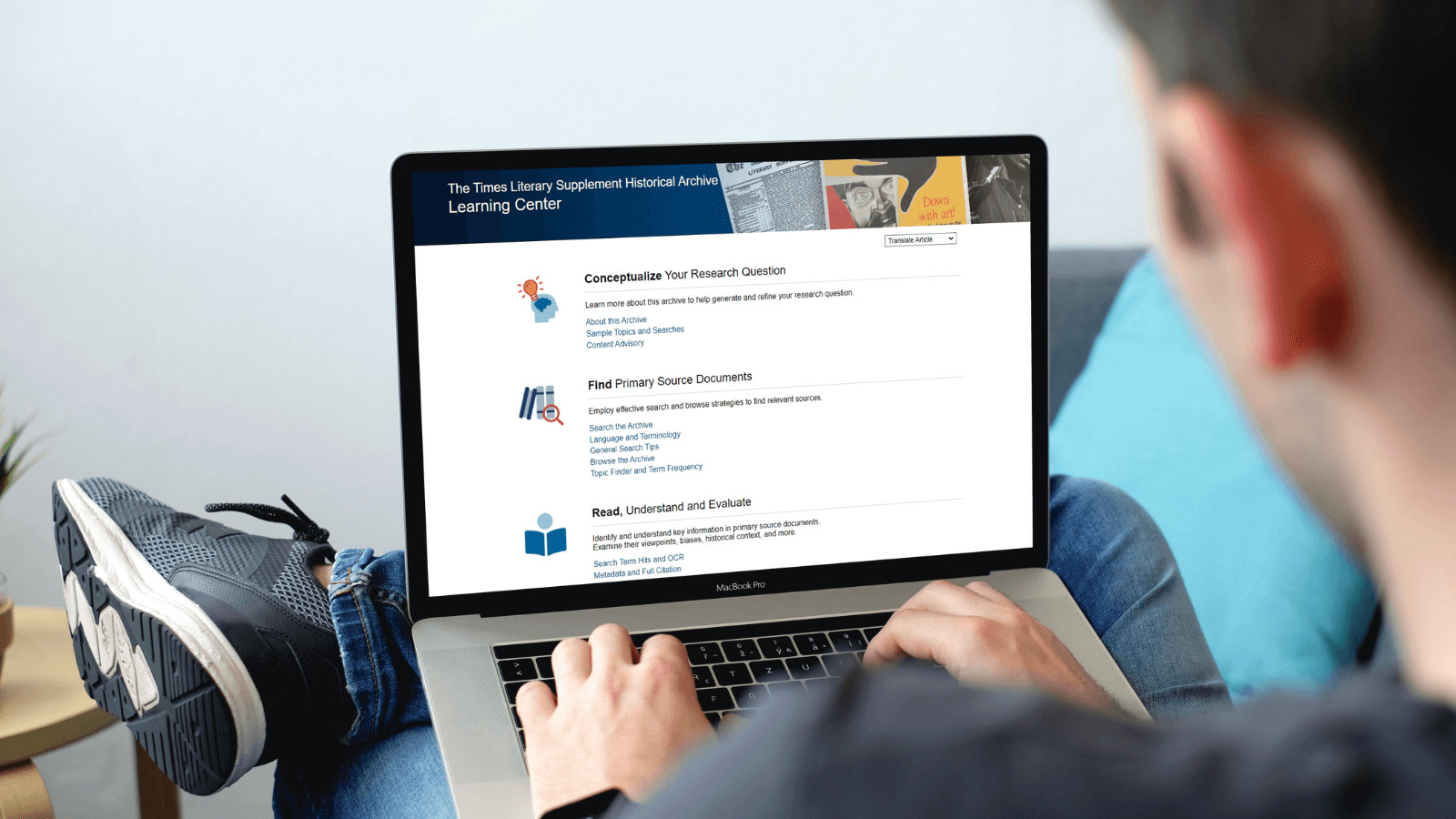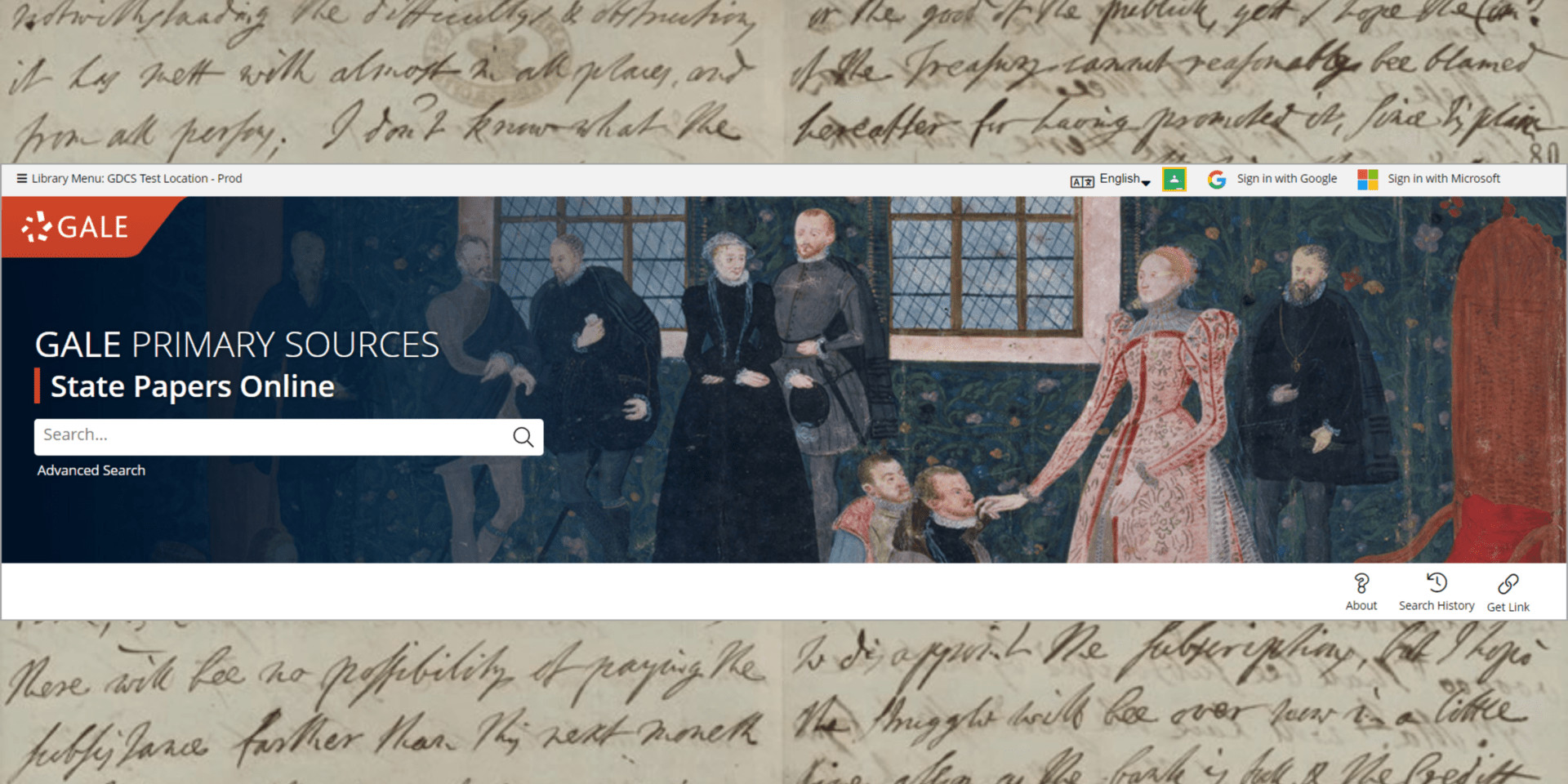│By Caley Collins, Gale Ambassador at University College London (UCL)│
Unless you study literature, chances are poetry isn’t the first thing you would think to use as a primary source for an essay. However, poetry gives a fantastic first-hand insight into the language, values, and customs that people were concerned with during specific time periods, making it useful for a wide variety of degrees, including History and Politics. Gale’s Medieval and Renaissance collection, which is part of the British Literary Manuscripts Online archive, contains a vast collection of primary sources ranging from a 1066 Old English historical translation to a 1901 collection of medieval letters.
Using these sources, this post will explore the differences and similarities between poetry written over the course of several centuries. I will quote the sources using modern English spellings, but leave the titles as they were originally written out.

